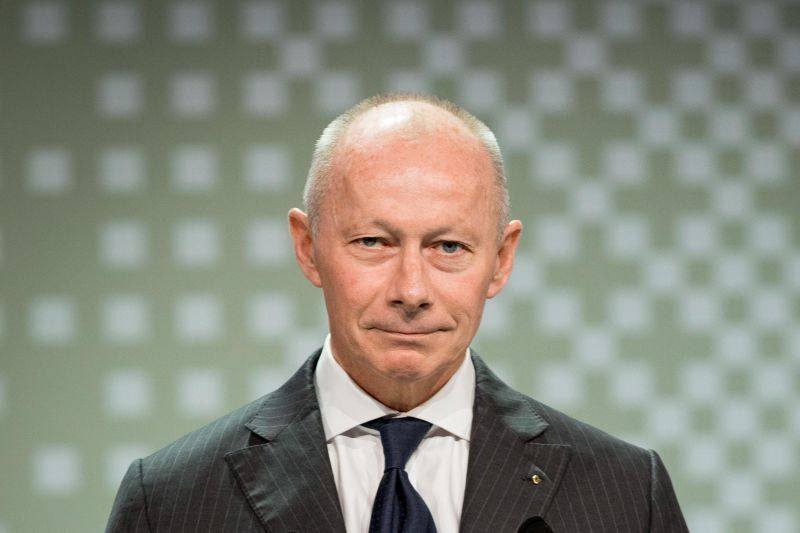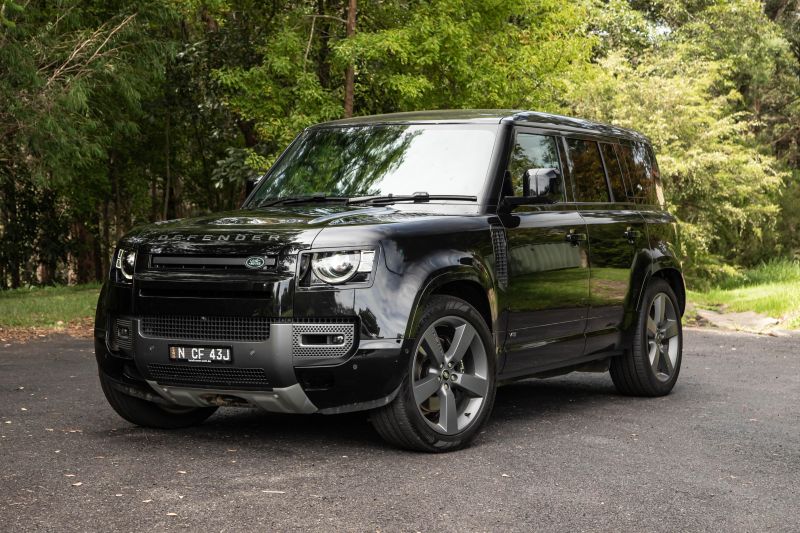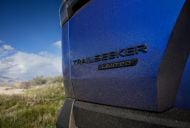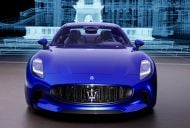JLR has officially appointed Adrian Mardell as its CEO.
Mr Mardell had already been serving in the role in an interim capacity since November 16, 2022, having previously served as the company’s chief financial officer and a member of its board of directors for three years.
Richard Molyneux has also been appointed CFO, having served in an interim capacity since December 12; he had previously been a finance director for the Indian-owned British automaker for six years.
“It has been my immense privilege to lead JLR over the last eight months and I am proud to be appointed Chief Executive Officer of this fantastic business which has shaped me over the last 32 years,” said Mr Mardell.
“We have the right vision and people to deliver our Reimagine strategy and I am honoured to lead JLR on the journey ahead.”
JLR, formerly called Jaguar Land Rover, announced earlier this year it’s moving way from its two historic namesake marques in favour of a “House of Brands” approach which will see it launch vehicles under the Range Rover, Defender, Discovery, and Jaguar brands.
Mr Mardell assumed the top spot at JLR after former CEO Thierry Bollore left the firm abruptly after just two years, citing “personal reasons”.
Though Mr Bollore officially left the company on December 31, he stepped down as CEO effective from the date of the announcement.
Mr Bollore had become Jaguar Land Rover’s chief executive in September 2020, and at the beginning of 2021 he unveiled the Reimagine business plan.
As part of his planned turn around, he killed off the next-generation Jaguar XJ which was months away from being launched on the same MLA platform as the Range Rover, and set Jaguar on course to become a high-end EV-only brand from 2025, when it would start competing with Bentley rather than BMW.
“Reimagine is about being one step ahead on compliance. The current MLA program would not have done that for us,” then-CFO Mardell said of the XJ’s cancellation.
“We would have been in catch-up in this compliance and that just isn’t good enough in this industry today.
“[The XJ] will not be ahead of the tech curve. It wouldn’t have that modern luxury, that future Jaguar vision, that drop-dead aspiration that we need to make this brand work.
“That’s why the brand worked 30 years ago, 40 years ago. We have got to capture that for this to be actually cash generative and EBIT positive. So we had to make a tough decision.”
A year later Bollore revealed the company had decided to develop its own EV-only architecture, codenamed Panthera, in collaboration with supplier Magna so that the next generation of Jaguars would have “unique” proportions.










